Why Traditional Gender Roles Are Dying Out
Traditional gender roles are dying out throughout America. Here's why it's happening, and why it's making people question everything in the best possible ways.
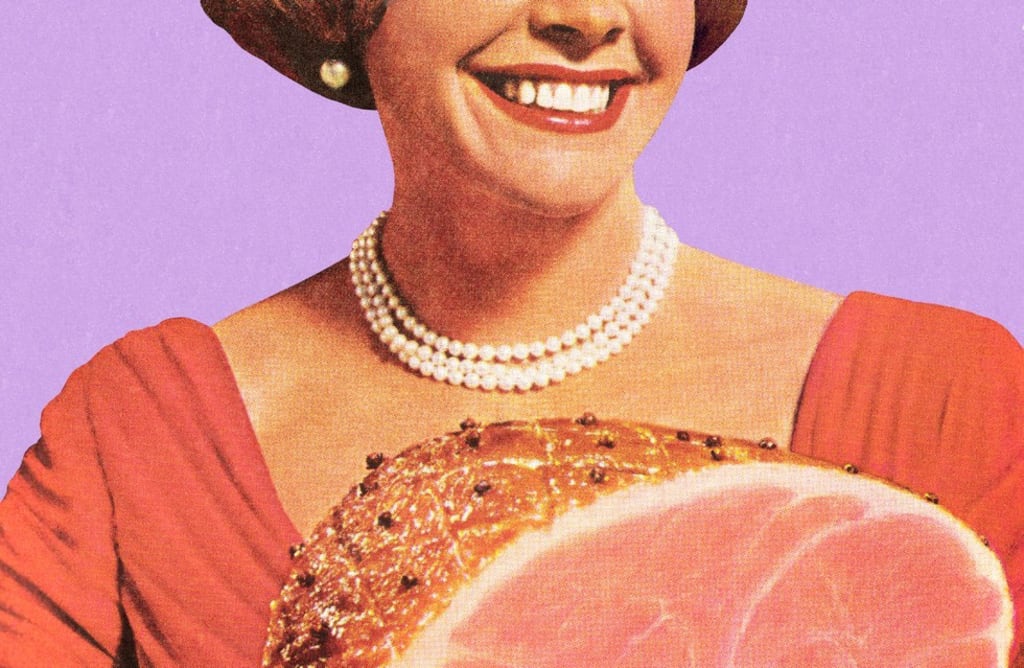
Back in 1950, the idea of being a stay-at-home mom was not just an option; it was a must. Women used to be resigned to being forced to cook, clean, and provide childcare for kids. In fact, up until very recently, the sheer notion that a woman might not want kids was not even considered to be a real option.
For most people out there, it's clear that traditional gender roles aren't as strong as they used to be. In fact, most would argue that traditional gender roles are dying out.
Women now are graduating with degrees more frequently than men are. Men are now increasingly prone to staying at home with kids or relying on a female breadwinner. Both genders are eschewing kids.
What's the deal?
It's actually a question that many people have begun to wonder, but it's really rather easy to understand. There are a number of reasons why traditional gender roles are dying out, and if we're honest with ourselves, it's really a good thing for everyone involved.
The Great Misconception
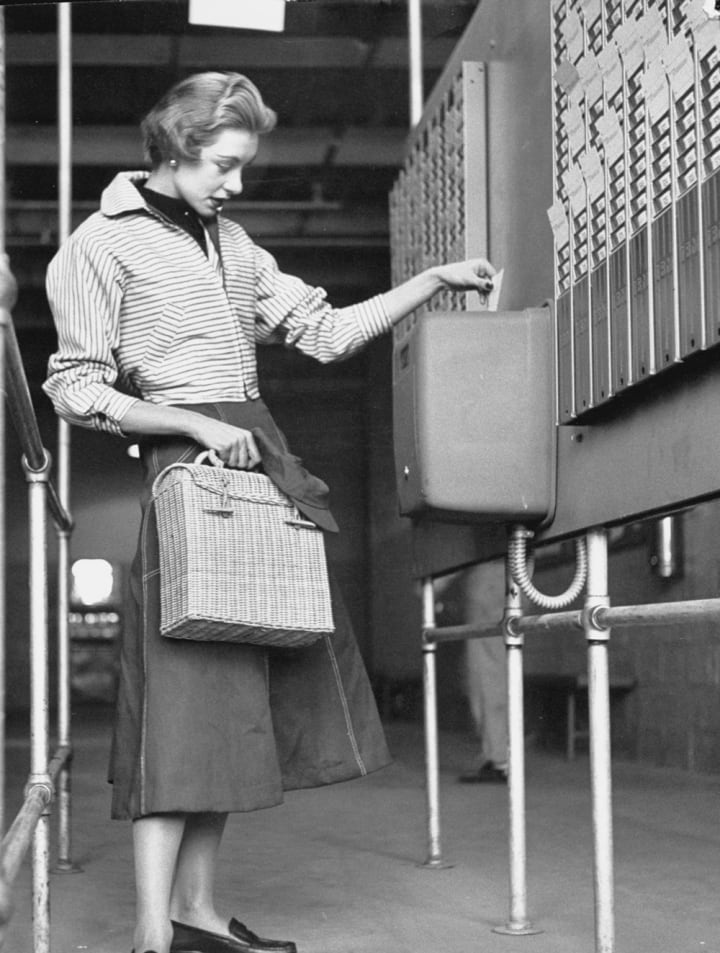
Believe it or not, throughout most of the Industrial Revolution, women worked, too. They may not have worked the same jobs as men, but the fact is that during the 19th century, most women who weren't members of the upper class had jobs. This was necessary to maintain a home.
Middle class women often were typists, teachers, sales women, secretaries, as well as musicians. Lower class women typically had jobs as factory workers, maids, seamstresses, and sales women. Only the upper class had women who lived idyllic lives of high society and leisure.
With both men and women busy at work, household chores often had to be parsed out between the two of them evenly. In many cases, it was actually fathers who did most of the child rearing during the early 19th century and before.
Though women did not have all the rights of men, they still were capable of owning property while single - and most states allowed them to also be able to run a property of their own while married. Divorce was also doable in America.
So, you might be wondering why traditional gender roles involving men being child-raisers and women working died out, right?
How Traditional Gender Roles Came To Be
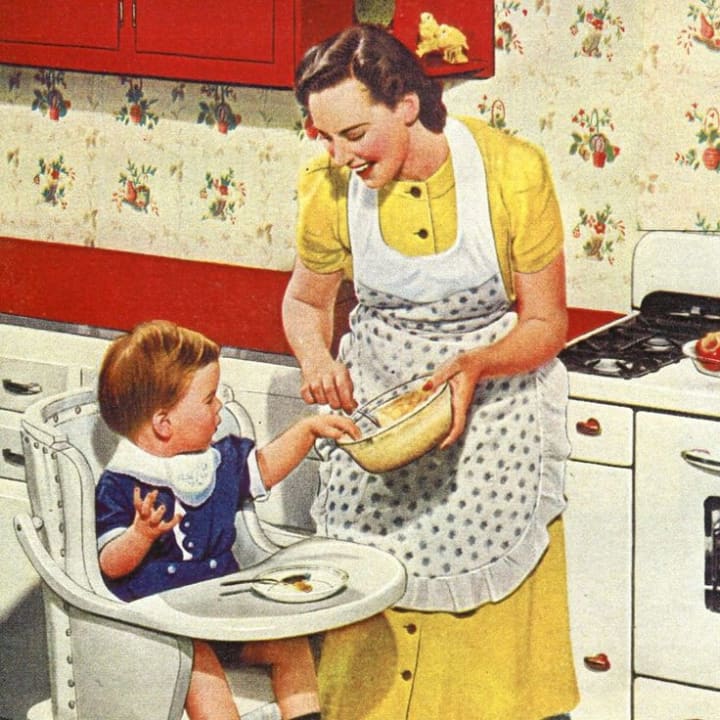
In order to understand why traditional gender roles are dying out, you need to understand how traditional gender roles came to be. Shortly after the Great Depression, a huge economic boom happened. This was, of course, partly due to the wartime economy.
This made jobs pay way more than what was necessary for a comfortable life. The cost of living was low, opportunity was high, and the fact was that everyone was living a very nice lifestyle.
That being said, those who didn't enlist in WWII had a lot of extra cash on their hands. As a result, having one spouse stay at home became somewhat of a status symbol and a "must have" move.
Women, seen as the fairer sex, were encouraged not to "work" and to just stay at home with the kids while the husband fulfilled his job as a provider. After all, even back in the Victorian Era, most men saw their role as providers rather than homemakers - even if they were way more hands-on than a typical dad is now.
Soon, many groups began to talk about the benefits and advocated for the homemaker status. Slowly but surely, it became stigmatized to have a mom who worked.
Studies began to show moms who worked as being detrimental to child development - and it became known as a sign that the family was lacking in finances and morals. So, most people began to expect women to stay at home.
The problem with this is obvious: women were no longer allowed to have an identity outside of wives and mothers. Women were also basically bullied into giving up ideas of being writers, artists, or business women in order to watch for their kids.
Moreover, the demands of parenting began to increase, with parents letting their kids out to play increasingly getting criticism from neighbors. Soon, moms had little to do aside from raise kids, cook, and clean. Any dreams they had, would have to be put on the back burner for as much as 18 years.
In order for women to fulfill the traditional gender role of mother, most women had to drop any dreams they would have had in favor of the mundane. Oddly enough, many women who have kids still feel this way.
A Silent Scream
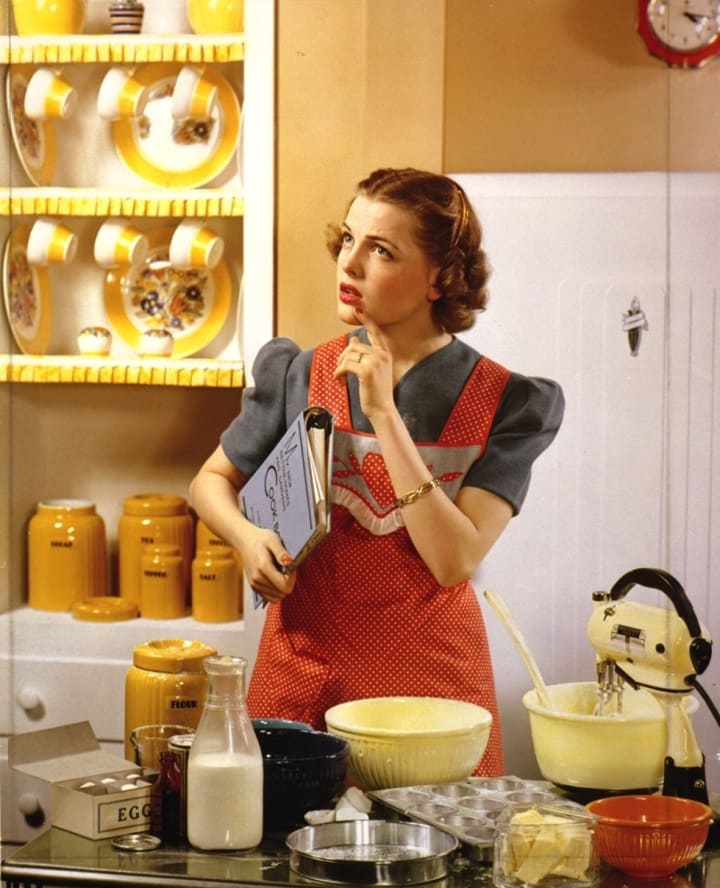
The problem with jamming people into roles that are that lopsided and claustrophobic is that not all people are meant for it. Some women, truly, took to the life of a housewife and mother like ducks to water.
However, not all women felt this way. They often felt like they loved their men, but hated most of the time they spent housekeeping. They may have even felt inadequate or defunct - or outright ashamed of it. Many women, unsure of how to cope, began to call the stifling feeling of oppression and imprisonment they felt "the problem with no name."
In fact, by 1950, depression and anxiety rates began to skyrocket to the point that doctors had begun to prescribe medications that helped alleviate depressive symptoms in women.
One thing many people don't realize is that housewives long have had an issue with prescription pill addiction - primarily because they needed to find a way to cope with the depression and anxiety their lives produced. By 1957, doctors had prescribed over 36 million bottles of a single "mood boosting" pill to women. That number continued to climb.
If you remember the Rolling Stones song, "Mother's Little Helper," you may be aware that the classic rock song was about moms who ran to pills because they couldn't take the tedium of life. Make no mistake about it; traditional gender roles were taking a toll on women and everyone was well-aware of it.
Needless to say, women began to confront the reality that they lived. One of the reasons why traditional gender roles are dying out is because women have started to say "enough is enough," and began to demand the right to work and live life by their own terms rather than what society said.
But, The Economy Also Played A Role

It would be unfair to say that the only reason why traditional gender roles are dying out was due to the social pressures and the backlash women began to have as a result. It's also due to the current economy.
Since about 1980, it's been increasingly difficult to manage on a single earner income in America. Moreover, people began to want a taste of the luxury goods being sold in the newer luxury markets.
The first push of feminism made it a lot more socially acceptable to have married women working again while dropping off kids in childcare. In fact, it also made other factors, like divorce, more socially acceptable.
In 1980, you could easily move from lower middle class income to upper middle class by just having two parents that worked. This gave a lot of people incentive to have dual-income houses.
By 1990, it became commonplace or even mandatory in many parts of the country - at least, if you wanted to be living a middle class lifestyle. The price of childcare, though, hadn't stayed stable. It began to increase, along with many other costs of living.
By 1999, however, the Dot Com bubble burst, and prices had fully caught up with dual income households. Many men also began to lose their jobs, especially during the Great Recession of the mid-00s.
As a result, women ended up having to pick up the slack and be the primary breadwinner. Traditional gender role believers may have tutted them, but what choice did they have? In many cases, guys just stopped looking for work due to depression, discouragement, or sheer laziness.
Divorce became increasingly commonplace because women were finding men to be contributing less and less to their lives. They didn't want to do housework or childcare because it was a traditionally "feminine" thing to do. They didn't bring in much money, because of the economy or sheer laziness. In many cases, women figured they were better off solo with kids - and they were right.
Moreover, women increasingly gained power in workplaces and in college. More women than men have degrees today. In many fields, women get paid more, get hired more often, and perform better than men. Around 40 percent of all homes now have a female breadwinner.
Meanwhile, traditional manly fields took major hits during the Recession, with many male-centric jobs never to come back again. So, men now have to take "pink collar" jobs or just work harder. Either way, they are earning less for the same jobs - and women are often beating them at their own game.
This is a major reason why traditional gender roles are dying out in society; the economy had gradually upended gender roles. With more money, women gained more power - and more ability to dictate what gender roles they want to fulfill.
The Rise Of The House Hubby

Partly as a result of the economic upturn, men had to re-evaluate what made them manly in their own eyes. The notion that manly men worked with their hands and stayed the breadwinner is clearly not compatible with the way the world now works.
Women working is the new way things are. Many men began to wonder whether or not they should turn into "house husbands" or "house hubbies." So, one of the reasons why traditional gender roles are dying out is because of men themselves. They're embracing a softer, more nurturing side of masculinity.
Women As Pursuers
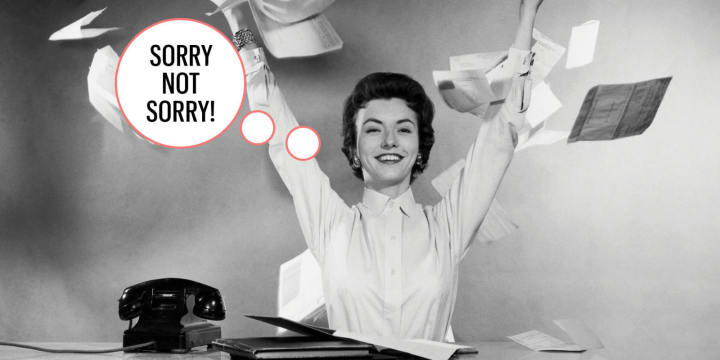
For most of the times in history, men pursued women romantically. They were the ones to push for commitment. However, these traditional gender roles are also dying out.
Women now are way more likely to divorce, primarily because of the fact that they no longer need men to provide financially for them. They also don't have the same stigma attached to being single that was once so common - even if there is a stigma attached still.
Men are also seeing the fallout from divorce, particularly on financial and child custody fronts. As a result, men are getting increasingly wary of commitment and marriage. After all, they have a lot to lose, and the rates of divorce are higher than ever since women are not willing to put up with infidelity, abuse, and neglect as much as they used to be.
One of the biggest dating phenomenon out there these days is the sudden drop in men interested in commitment. Many men end up delaying commitment due to financial reasons, only to realize later on that they don't want to change their lifestyle to one that involves a wife and kids.
The problem is that most women still see family and marriage as a big deal - while men are losing interest. Technology makes it easy to find sex fast and makes it easier to replace an ex in a pinch. Why would men get married?
Women are increasingly finding themselves having to be the pursuers in a relationship, as well as the ones who push for marriage. Yes, this can be partly shown to be an economic issue, too. But, it's also a social issue that deals with dating, sex, and technology.
These contributing factors are basically forcing women "to be the man" in a relationship, and are also main reasons why traditional gender roles are also dying out.
So, Here's Why Traditional Gender Roles Are Dying Out

Honestly, it's a mix of things.
First off, one of the main reasons why traditional gender roles are dying out is because the lopsided, work-heavy and restrictive role of women we know now is relatively new.
Throughout history, men and women had fairly egalitarian roles - except in the legal sides of marriage. Men were more active in child care and providing than they are now. Meanwhile, women worked fields, cooked and also cleaned the house alongside the men. It was only when economies allowed this synthetic "stay-at-home" lifestyle that it became traditional and "wholesome."
Secondly, one of the most obvious reasons why traditional gender roles are dying out is because there are only so much women can tolerate. There is, realistically, only so much work, restriction, and identity loss before they start fighting back.
Third, the needs of the economy are also granting women the power they needed to kill the gender roles that oppressed them. We're seeing many areas known for restrictive women's rights lightening up as a result of economic needs - most notably, Saudi Arabia and Iran.
Fourth, one of the less obvious reasons why traditional gender roles are dying out is because men themselves are changing and starting to shift into different roles in the changing world. They are reaping the rewards of it.
It's worth noting that this point also includes the men who are commitment-phobic as well as the new stay-at-home dads. Whether they realize it or not, they are reaping the rewards of shifting gender roles by eschewing marriage and pursuing more rewarding life choices on their own.
Why It's Good For Everyone
Right now, we live in a society that (for the most part) allows us to do whatever we want to do. If women don't want to have kids, they don't have to anymore. If men don't want to marry, they don't have to in order to be considered "manly" anymore.
We can work wherever we want to work. We can mold our lives to make them better for us and do what we want rather than what socially imposed laws would have had us do.
The only thing that many people don't realize is that many of the side effects of the end of gender roles is the competition. Competition for jobs will get higher. Competition for people interested in marriage will get higher. Even competition on an aesthetic level will get higher in some cases.
If you can't compete in a society that no longer has gender roles imposed on it, you won't get anywhere. If you can't find a spouse, there's not much you can do about that aside from hope you can get a good enough career to support yourself. If you can't get a job, you can't rely on your spouse to support you forever because divorce is something very possible for any background.
For many, gender roles provided a comfortable cushion that could have supported them for their entire lives. Gender roles, in a way, lowered competition in many arenas and allowed people to relax on certain endeavors.
However, that cushion that gender roles provides often promotes mediocrity, mooching, and other bad habits that make us less awesome than we could be - and also make us as a whole less successful and empathetic towards others.
That being said, we shouldn't be asking why traditional gender roles are dying out. We should be wondering why others aren't okay with traditional gender roles dying out, and we should be wondering how we can convince them it's for the betterment of everyone.
About the Creator
Lindsie Polhemus
Lover of dogs, wine, and buffalo chicken. Laughing through this thing called life.






Comments
There are no comments for this story
Be the first to respond and start the conversation.